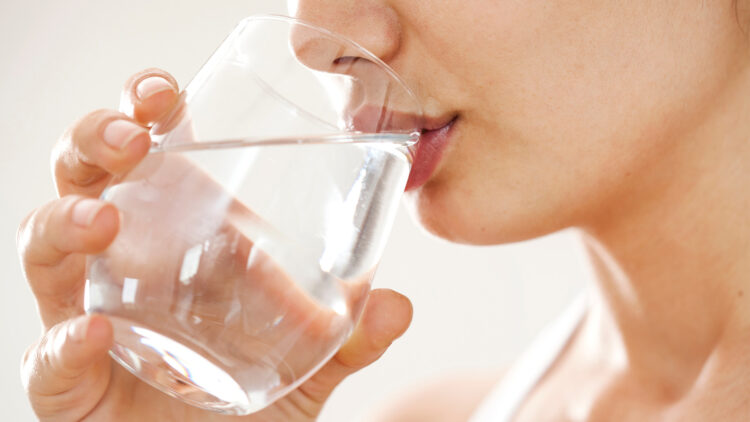Most of us don’t stop to think about plastic when we grab a glass of water. But it’s there—tiny pieces called microplastics, and even smaller ones called nanoplastics. They show up in tap water, bottled water, and probably even in the coffee you had this morning.
Sounds like a problem only a scientist in a lab could tackle, right? Surprisingly, the fix might be a lot closer to home: just boiling your water.
Researchers at Guangzhou Medical University and Jinan University tested this out and found that boiling water—something millions of people already do every day—can remove up to 90% of those invisible plastic bits. They published their findings in Environmental Science & Technology Letters, and honestly, it’s kind of brilliant.
Especially since the plastics it removes include the ones we’re around all the time: polystyrene, polyethylene, polypropylene, and PET (you know, the stuff in water bottles and food packaging).
Why boiling works
When you boil hard tap water, it releases calcium carbonate—that white, chalky stuff that builds up inside your kettle. Normally it’s just annoying, but in this case, it’s actually useful. As the mineral forms, it latches onto plastic particles floating in the water and drags them down with it.
So, when you boil water, those microplastics basically hitch a ride with the chalky gunk and get left behind.
If you’ve got soft water, this still works, just not quite as well—the calcium carbonate levels are lower, so you’ll catch about 25% of the plastic instead of 90%. Still, not bad for something that takes almost no effort.
Want to take it one step further? Just strain it
If you want full “magic”, you can try this method:
-
Boil your water.
-
Let it cool a bit.
-
Pour it through a basic tea strainer or mesh filter. Done.
This methods works really good and you don’t fancy machines. No pricey filters. No apps or subscriptions. Just you, your kettle, and something to strain out the crusty bits where the microplastics and nanoplastics are hiding.
The researchers even tested this with extra plastic particles added in—and it still worked. As they put it:
“This simple boiling water strategy can ‘decontaminate’ NMPs from household tap water and has the potential for harmlessly alleviating human intake of NMPs through water consumption.”
Translation? It works. And it’s safe.
Is it really a risk if we don’t do it?
Is not going to kill you tomorrow, and It probably also depends where you live. There are some places where tap water is so clean that people can just drink it without a doubt. There are other where the least you could do is boil it if you don’t want to get sick.
But no one wants to be sipping plastic even if the amount is tiny—especially not when it’s linked to stuff like gut problems and antibiotic resistance.
You can’t fix the planet overnight, but you can decide to stop drinking plastic at home. You can turn on the stove, boil your water, and make a small choice that might matter in the long run.
The researchers even said this is something more people around the world should start doing, not just folks in certain regions where boiling water is already a thing.
“Drinking boiled water apparently is a viable long-term strategy for reducing global exposure to NMPs.”
That’s a pretty big deal from such a small daily habit.
You have being probably drinking plastic without knowing it for a long, long time. And if you’re okay, that’s a good sign.
But trying the healthier way, never hurt someone. I a little new habit can give your stomach some relief, your body will thank you… quietly, but definitely.

